Indoor cineraria: description and cultivation
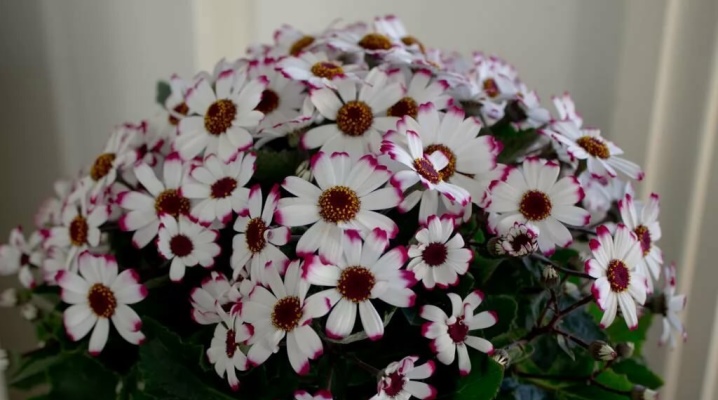
Cineraria belongs to the Astrov family. This plant comes from tropical regions of Africa. In our country, the flower is loved for the variety of colors and attractive appearance.
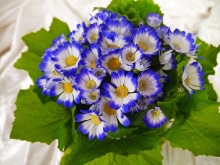

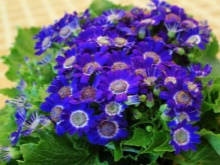
Indoor varieties
You can distinguish the plant by the spear-shaped leaves, which are collected in a basal rosette. On their surface, veins are clearly visible, there is a small fluff. The edges are jagged.
During the flowering period of cineraria, its foliage is practically invisible behind the buds. Peduncles are tall, flowers with a diameter of 3 to 7 cm. Of the most popular shades of flowers, white, burgundy and blue can be noted, but in general the palette is much more varied. You can find flowers that combine two colors in the color of the buds.
The genus Cineraria is quite numerous and includes about 50 different varieties. Breeders do not stop trying to develop new varieties, and they successfully succeed. Every year, plant breeders are delighted with new hybrid species, which differ in the height of the bushes, the size of the flowers and their color.
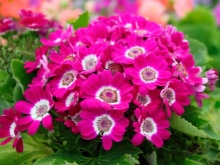
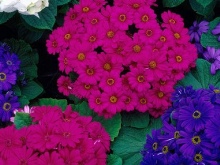
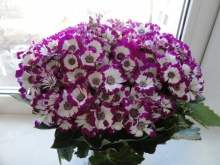
The most popular species among plant breeders.
Bloody cineraria
It is known for growing well at home. Speaking about "room" cineraria, as a rule, they mean this particular flower. The species differs in erect stems. Onor have strong branching, and the height of the plant often reaches 70 centimeters.
The foliage has an attractive, eye-catching bright green hue. It has an oval or openwork shape.
The buds on the bushes begin to appear in June. After a while, the flowers completely cover the leaves. The buds can be of different shades:
- red;
- purple;
- white;
- lilac;
- blue.
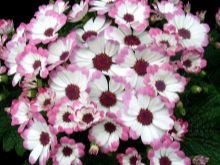
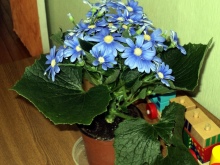
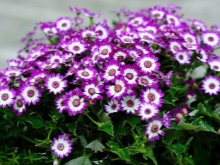
The only color that is not in this variety of the palette is yellow. The petals are not always colored in one shade, sometimes the color is a combination of several tones.
Flowering is long lasting about a month. The buds replace each other, so the bush is always covered with a thick head. Flowers hold until frost. If you properly care for the plant, then it will certainly delight you with bright colors by March 8.
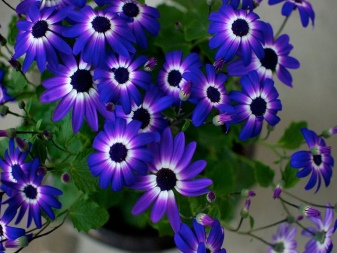
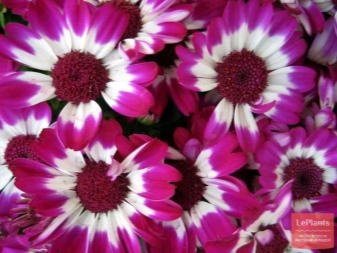
Cineraria Double
The bush of this indoor flower grows up to 60 centimeters in height. Differs in large inflorescences, the diameter of which reaches 50 mm. Flower petals have a contrasting color, always combine two colors.
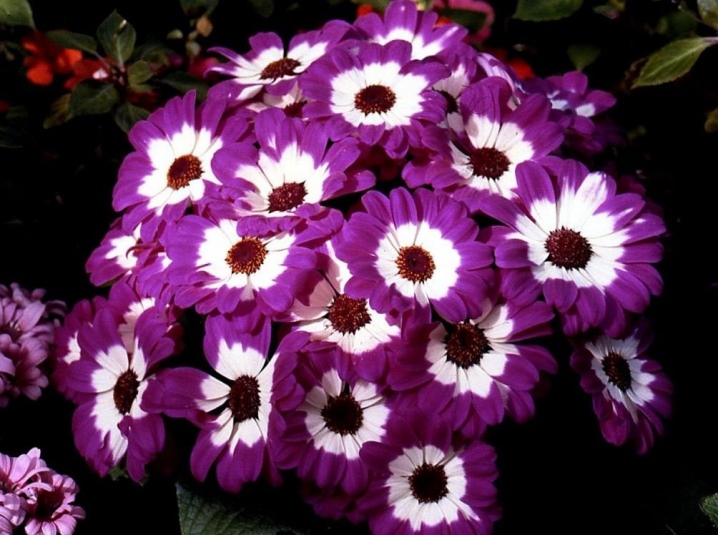
Grandiflora
With good care, this shrub can grow up to 50 centimeters in height. The plant is popular for its large, simple inflorescences, the diameter of which is up to 80 mm.
You can distinguish the variety by the interesting color of the petals. There is a bright edging on their surface.
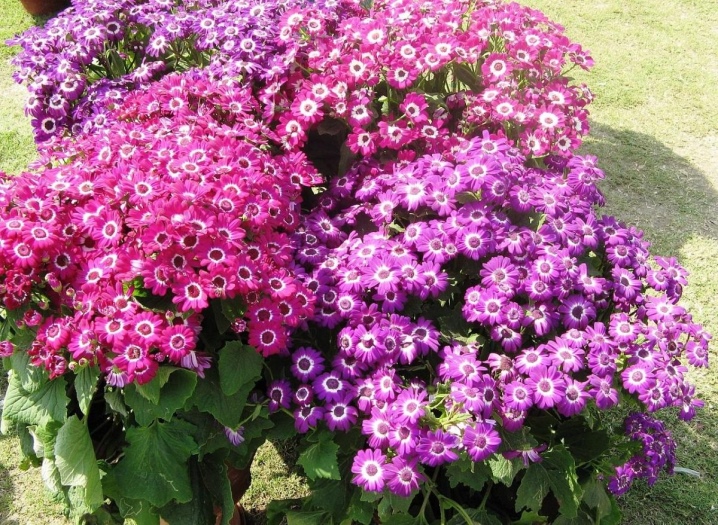
Stellata
Amazing plant with amazing appearance. Bushes can grow up to 90 centimeters. The flowers are formed on straight small stems, but they differ in star-shaped inflorescences. The baskets can be up to 40 mm in diameter. The variety has narrowed indigo-colored petals.
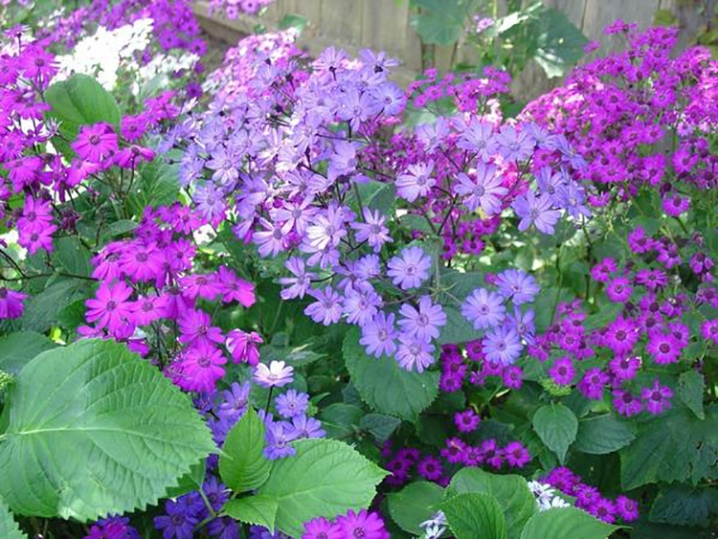
"Sympathy"
The variety belongs to the category of tall. Maximum height 700 mm. The bushes stand out among other cineraria for their compactness.
The leaves are heart-shaped with little pile on the surface.
The flowers are large, can reach 80 mm in diameter. They can be either one-color or two-color. The color is different depending on the subspecies.
This flower pleases with its beauty and brilliance up to 6 weeks, therefore it is considered the longest flowering one.
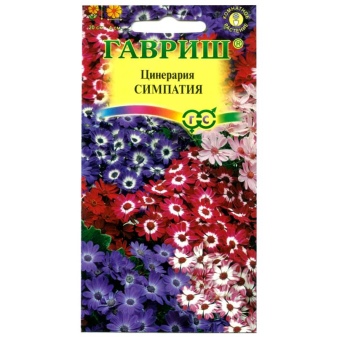
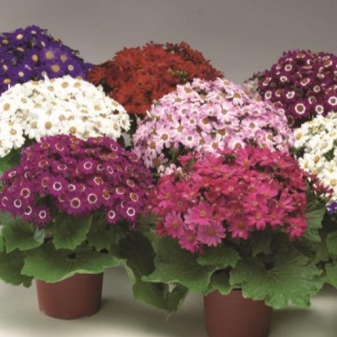
"Venice"
A hybrid that has many varieties with different colors. Of the minuses, a short flowering period can be distinguished. Ideal for indoor breeding. The plant is compact - the bushes reach only 15 centimeters in diameter.
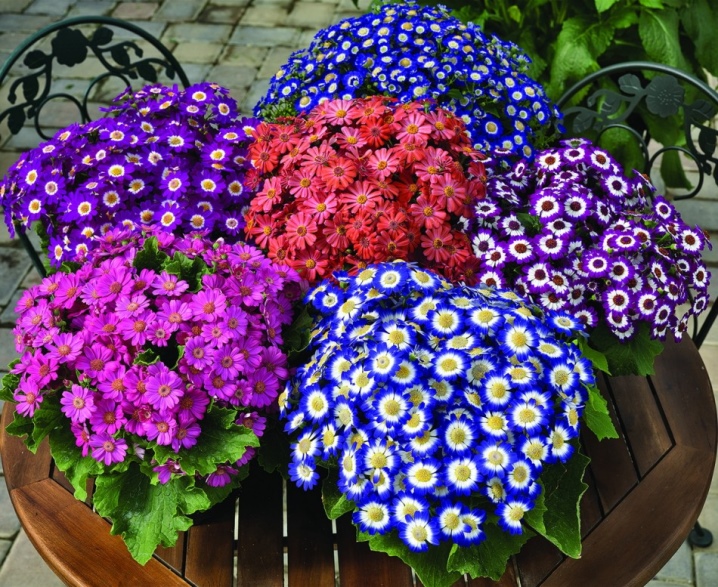
Primorskaya
This cineraria has several names:
- marine;
- silvery;
- ash cross-piece.
In pots, the crop does not grow as well as outdoors. This is an excellent solution for decorating a loggia, open balcony, veranda.
In regions with cold winters, this annual plant becomes perennial when grown indoors. It blooms rarely, more often the buds are removed and cineraria is used only because of its attractive dense greenery. The foliage is amazingly silvery, delicate. It is easy to give the bush the desired shape.
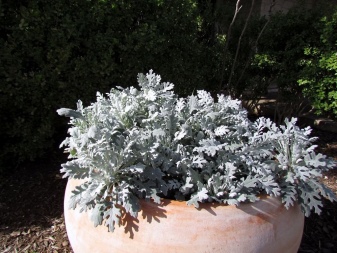
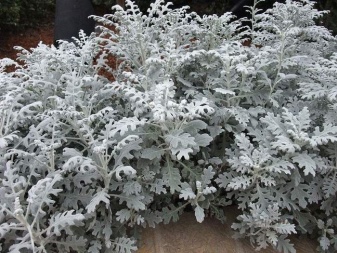
This plant has subspecies, for example, Cirrus. It is a tall flower with rounded leaves and jagged edges. The silvery-white shade of the leaves does not appear immediately.
Another equally well-known subspecies of the ash cross is Silver Dust. This shrub never grows large, the maximum height is 250 mm. It is appreciated by breeders for its delicate foliage and a unique silvery shade.
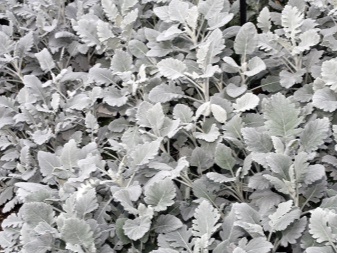
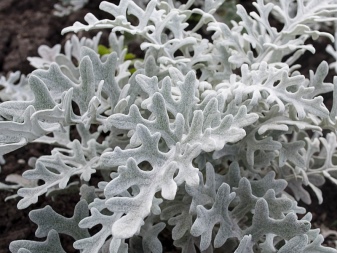
"Diamond powder"
This variety is perfect for indoor growing in pots. Its height is rarely more than 20 centimeters.
Ash-tinted foliage, carved edges. Of all the varieties and types of cineraria, this is one of the most picky flowers. Its stems grow strongly, as a result of which a spherical bush of amazing beauty is obtained. Its height is up to 600 mm.
If you touch the foliage, you can feel a small pile and a sticky coating on its surface.
I fell in love with this cineraria for its pink flowers and abundant flowering. Buds baskets can be either simple or terry.
This species is easy to grow, so novice growers love it. Its long flowering also attracts attention.
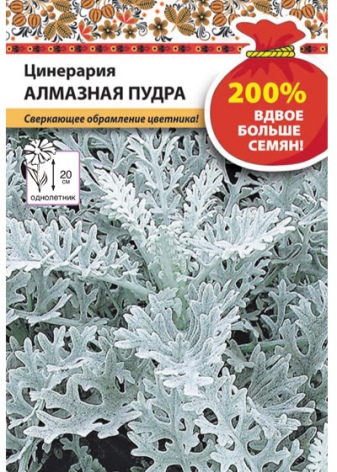
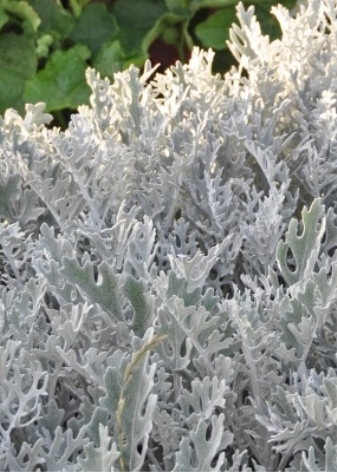
Nana
The bush is ideal for indoor growing as it is compact. It reaches a height of 300 mm. The flowers are very beautiful, large, pink in color with a blood-red center.
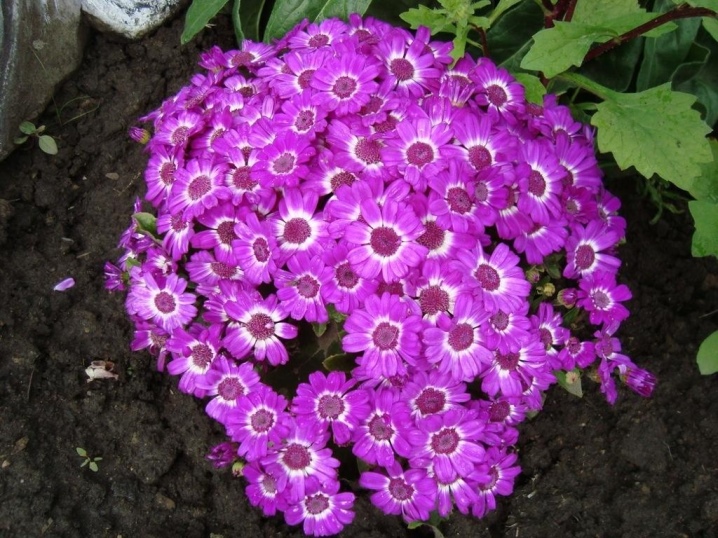
How to choose the store?
You can buy not only a cineraria stalk, but also a ready-made bush. Most stores offer a wide range of this crop, it all depends on the personal preference of the grower.
Before making a purchase, the selected shrub is worth inspecting. They evaluate not only its decorative qualities, but also the overall appearance. Shoots and leaves should be free from spots, rot, and have a healthy green tint.
If the cineraria has already bloomed, then all attention should be paid to the buds and the flowers themselves. It is better to buy a bush on which there are more flowers that have not yet blossomed, then the acquisition will delight with its beauty for a whole month.
The presence of insects on the inside of the leaf indicates that the plant is infected. Some pests quickly move to other indoor plants, so you should refuse such a purchase.
In any case, cineraria should spend some time in quarantine before moving in with other residents of the windowsill.
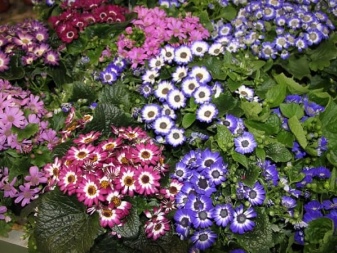
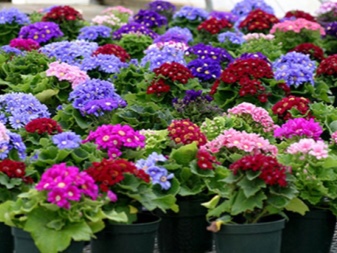
Conditions of detention
Most experienced growers agree that cineraria is an unpretentious indoor flower. But, so that it blooms in a timely manner and pleases with an abundance of buds, it is worth observing the temperature regime, watering the culture on time and organizing high-quality lighting for it.
Lighting and temperature
Cineraria loves light, so it is important to place it where there is plenty of it throughout the day. But do not put the pot under direct rays, because then the foliage will begin to dry. The best place for her is the east or west windowsill. If this is not possible, then the plants are placed behind a light curtain.There is not enough sunlight on the northern windowsills.
With the onset of summer, the bush should not be kept at home, it is better to take it outside or on a balcony. Fresh air and coolness will only do him good.
However, it is worth remembering that this plant does not tolerate heat. For normal flowering, it needs an air temperature of up to 20 degrees, but not lower than + 10.
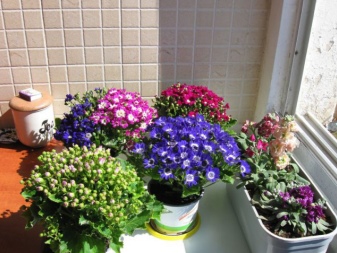
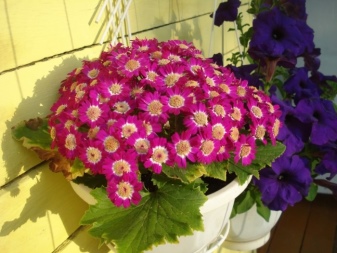
During the flowering period, cineraria will feel great even on an unheated loggia, but provided that the air temperature there does not drop below + 5 degrees. The higher the ambient temperature, the faster all flowers will fall off.
In private houses, it is advised to transfer the pots with the plant to partial shade for the summer period, it is advisable to put them closer to the reservoir, if there is one on the site. You can increase the humidity in another way - just put a bucket of water next to the crop.
Cineraria is one of the few indoor flowers that can be placed near the air conditioner. But it is worth making sure that the flow of cold air does not fall on the leaves. Draft is just as harmful to the plant as heat.
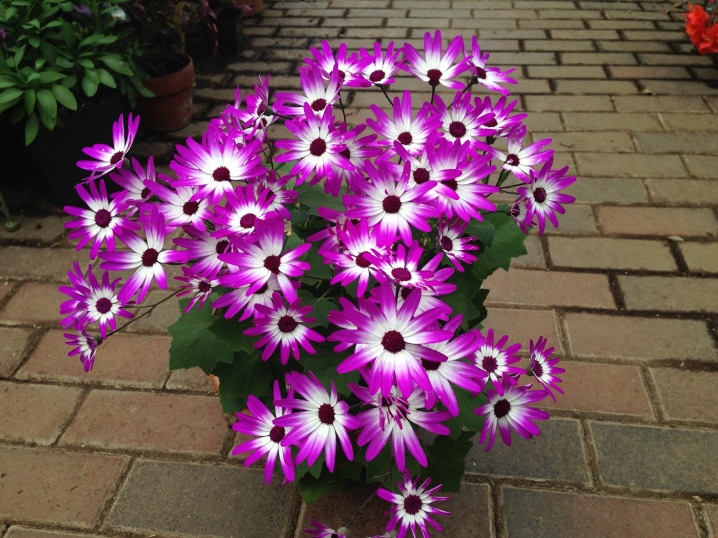
Growing rules from seeds
At home, planting seeds is done at different times, it all depends on by what period the plant breeder wants to get a bush blooming in a pot. Most often this is the end of winter or spring.
You can collect seeds from a previously flowering bush. Sow them into a special substrate, pressing slightly. There is no need to cover the seed with soil.
Before planting, you can soak the seeds in a growth promoter. The first shoots will appear faster if you provide them with the necessary amount of light. Heat and humidity are two prerequisites for the germination of cineraria.
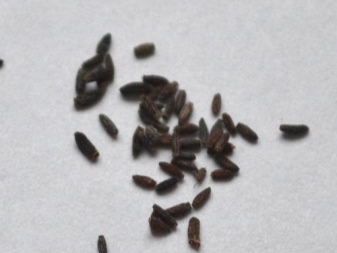
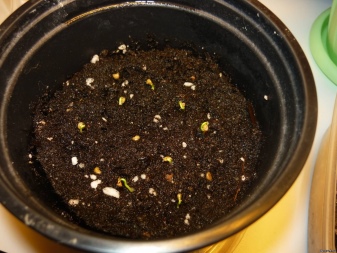
It is easy to create the necessary conditions in the room if you use a plastic container. It is covered with foil or glass. The ambient temperature should be around 20-24 degrees. The first shoots will appear in 3 weeks, if all requirements have been met.
Now you can open containers for a while. First, for a few minutes, then the airing time is increased.
Seedlings dive only after the first leaves appear. There are types of cineraria that are not propagated by seeds, but vegetatively.
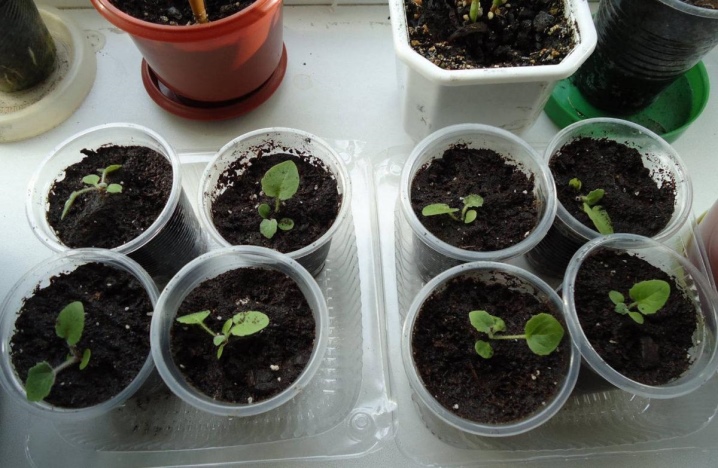
How to care?
The described plant fell in love with plant breeders, since it is not difficult for him to provide proper care. The culture is unpretentious, so even a beginner can grow a beautiful shrub even from seeds.
Faded buds and old foliage must be removed periodically. You can use simple scissors for this, but first it is advised to process them with a solution of potassium permanganate.
In the warm season, the flower must be taken out into the fresh air, but put in the shade or organize an artificial shelter for it. There should be no draft where the pot is.
After purchasing an adult bush, it is transplanted into a large container. If this is an annual plant, then after flowering, you can either discard the bush, or make it bloom again. To do this, change the capacity, shorten the shoots.
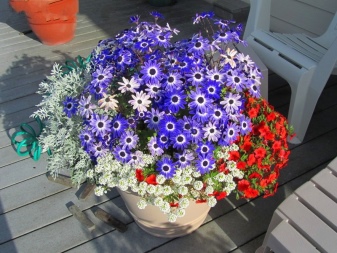
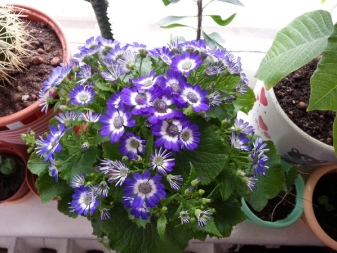
Watering
Experienced growers are advised to observe the golden mean when watering the plant. The soil should remain moist, but not waterlogged, and should not be allowed to dry out.
Watering is carried out exclusively at the root. It is advisable that moisture does not get on the leaves and buds, otherwise rot may form.
There are special requirements for water. It should be soft and distant, at room temperature. After each watering, the soil is loosened - so the moisture will not stagnate and evaporate in time.
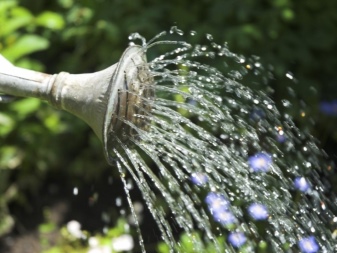
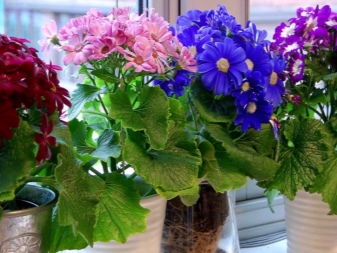
Cineraria likes it when there is high humidity in the air, but it cannot be sprayed. A dense shrub with a rich crown is poorly ventilated from the inside, and if you apply spraying from a spray bottle, then soon the leaves inside the bush will begin to rot due to poor ventilation.
You can also increase the humidity in another way, for example, put a wet towel on a hot radiator indoors.
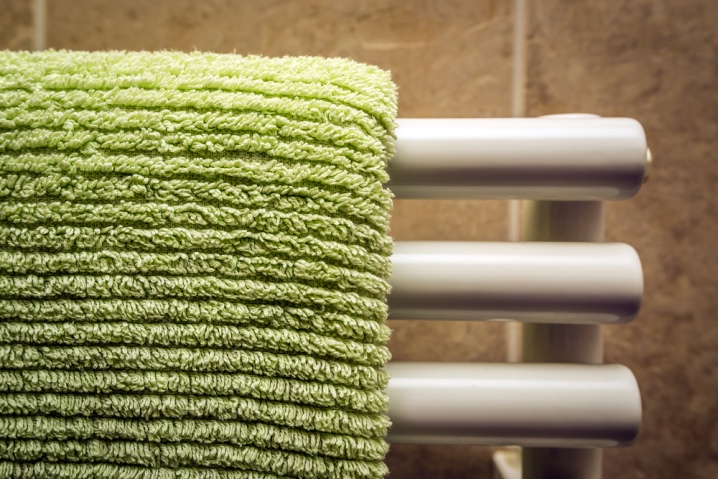
Top dressing
When growing an annual plant in high-quality soil, you do not need to additionally feed it.
When perennial cineraria are on the windowsill, complex mineral fertilizers are used. You can easily find the drug you need in a specialized store. Fertilizers are applied in liquid form; it is better to combine the procedure with watering. The most effective remedy for this is Agricola.
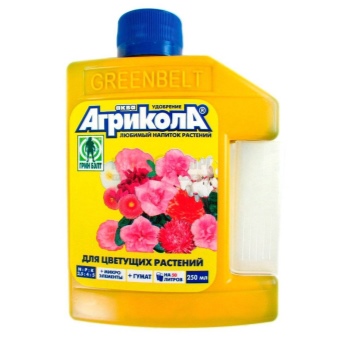
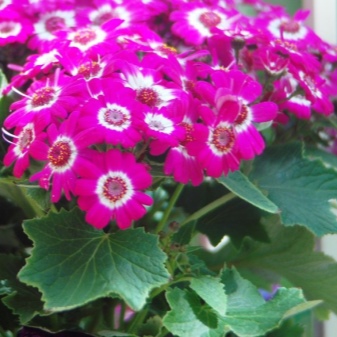
Diseases and pests
Indoor flower is loved by many insects and not only. Fungal diseases can multiply on its leaves and shoots. This is one of the reasons why most often the plant is kept in a pot only as an annual flower.
Of the most common diseases of this culture, one can single out:
- gray rot;
- late blight;
- powdery mildew;
- rust.
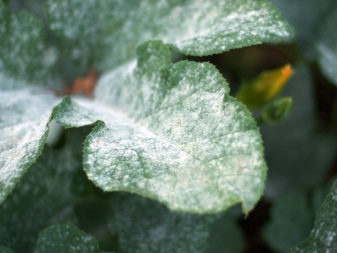
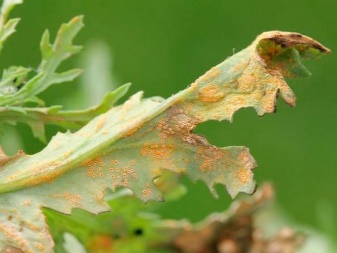
The most common cause of these problems is poor care and the ingress of water on the surface of the leaves. In the fight against fungi, preparations containing copper and pruning of damaged shoots will help.
Among the insects that can eat the plant, one can distinguish the spider mite, aphid and whitefly. The most effective in the fight against them "Karbofos" or "Actellik".
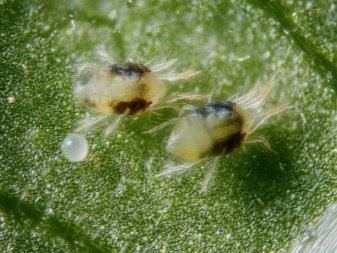
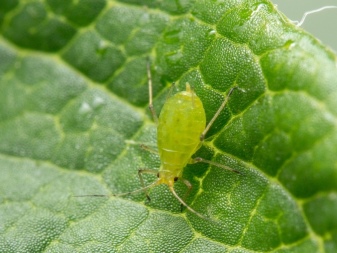
For more on growing cineraria, see the next video.





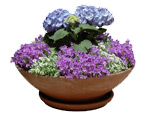
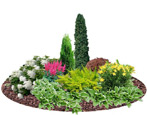
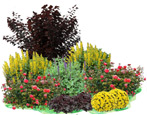



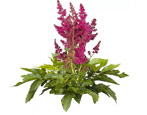

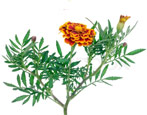
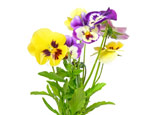

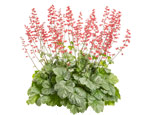

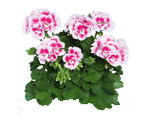
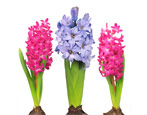



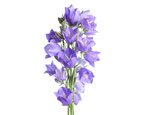
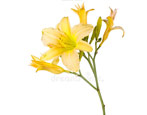
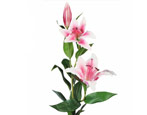
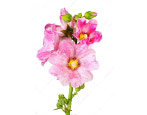


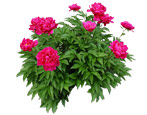
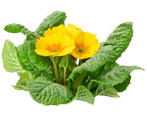
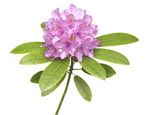


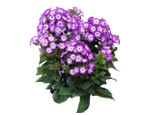
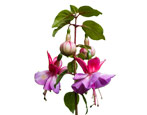
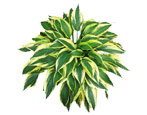
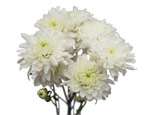
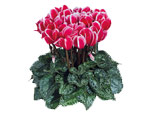



























































The comment was sent successfully.